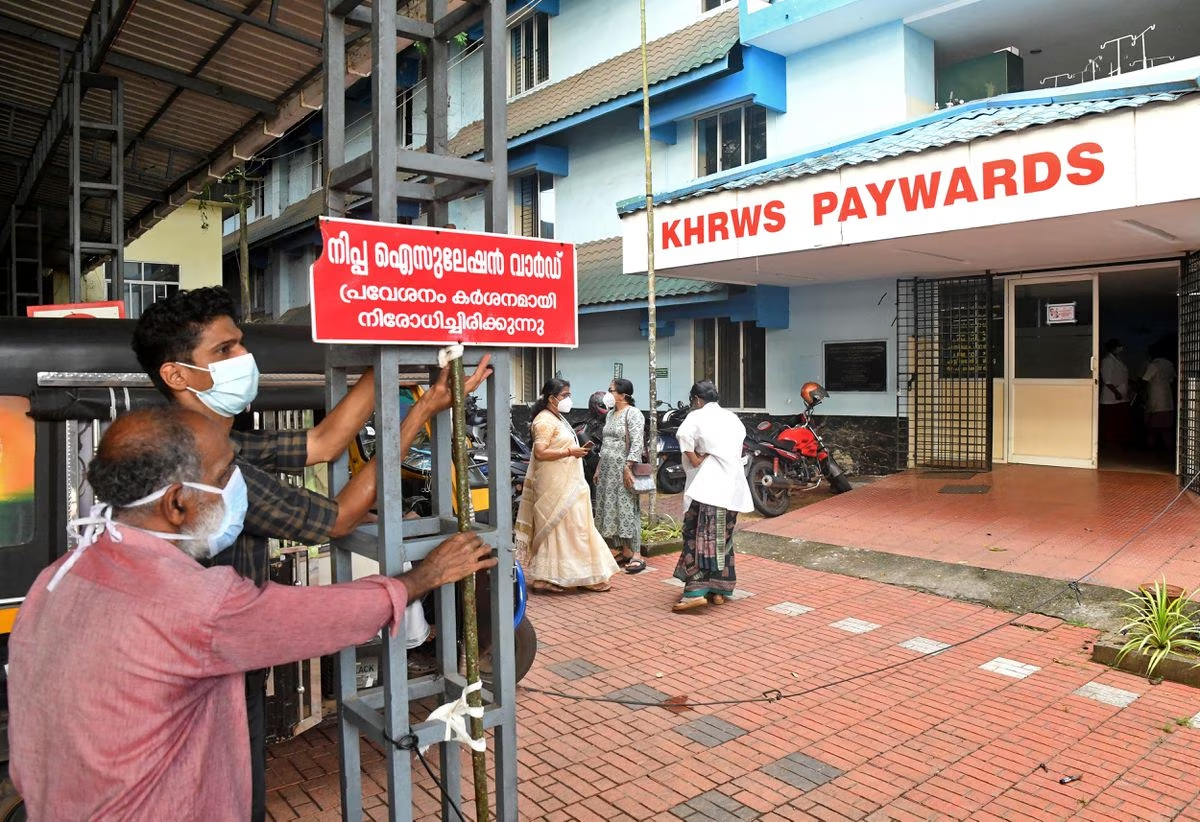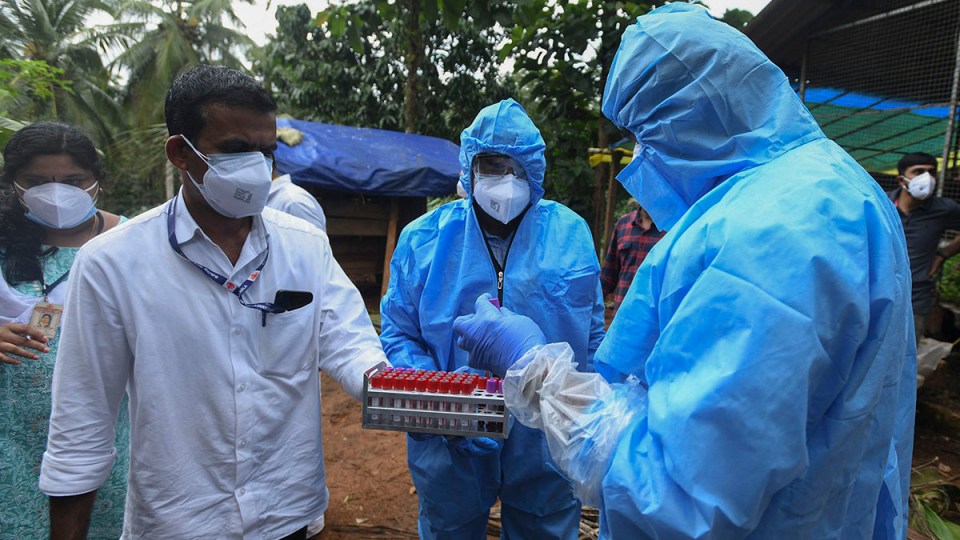In a race to curb the spread of the rare and deadly Nipah virus, the southern Indian state of Kerala has taken stringent measures, including the closure of some schools, offices, and public transport.
The virus has claimed two lives and left an adult and a child hospitalized. Over 130 people have been tested for the virus, which is transmitted through contact with the bodily fluids of infected bats, pigs, or humans, as per state health officials.

"We are focusing on tracing contacts of infected persons early and isolating anyone with symptoms," Health Minister Veena George stated.
The variant detected in Kerala is believed to be from Bangladesh, known for its high mortality rate when transmitted from human to human but with a history of being less infectious.
Stringent public movement restrictions have been put in place in parts of the state to contain the medical crisis. Authorities have declared containment zones in at least seven villages in the Kozhikode district. Strict isolation protocols are being enforced, including quarantining medical staff who had contact with the infected.
The first victim was identified as a small landholder engaged in banana and areca nut cultivation in Marutonkara village. Officials have been retracing the victim's movements to identify potential contacts and places visited before the onset of symptoms. The victim's daughter and brother-in-law, who were also infected, are currently in isolation, while other family members and neighbors are undergoing testing.

The second death was linked to contact in the hospital with the first victim, though the two were not related, according to an anonymous government official.
Three federal teams, including experts from the National Virology Institute, arrived in Kerala to conduct additional tests and survey the fruit bat population in the isolated villages.
The Nipah virus was first identified in 1999 during an outbreak among pig farmers and others in Malaysia and Singapore. The virus is a rare but highly contagious virus that can cause severe respiratory and neurological symptoms in humans. It is primarily transmitted from animals to humans and can also spread from person to person. Outbreaks of the virus are sporadic, and previous infections in South Asia have occurred when people consumed date-palm sap contaminated with bat excreta.
Kerala experienced its first Nipah outbreak in which 21 of the 23 infected individuals lost their lives. Subsequent outbreaks in 2019 and 2021 claimed two more lives. An investigation conducted by Reuters in May identified parts of Kerala as among the places most at risk globally for outbreaks of bat viruses due to extensive deforestation and urbanization, bringing humans and wildlife into close contact.
Follow Daryo's official Instagram and Twitter pages to keep current on world news.
Comments (0)